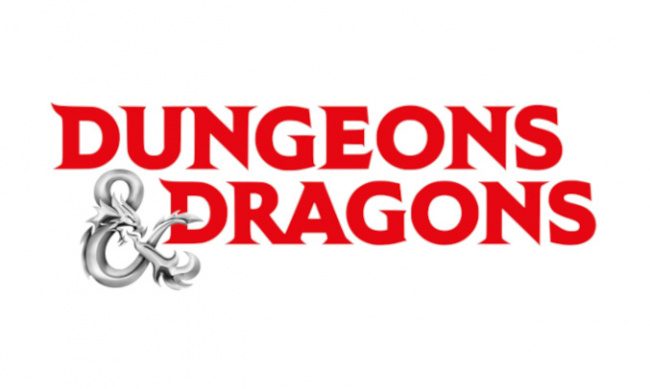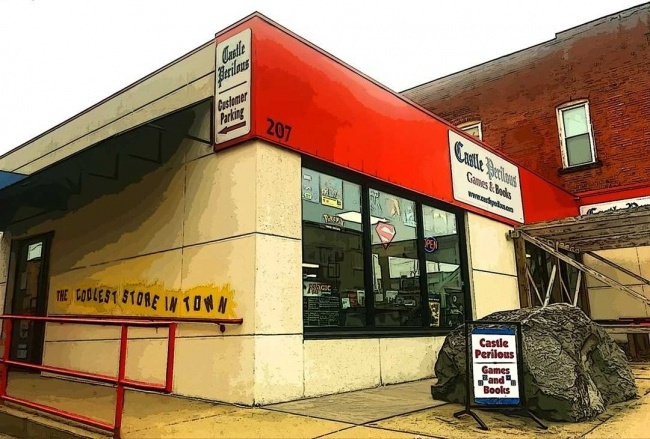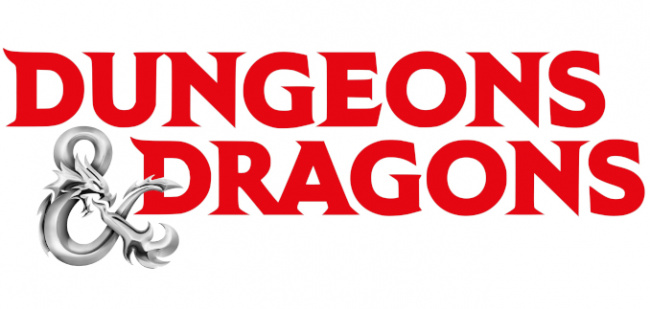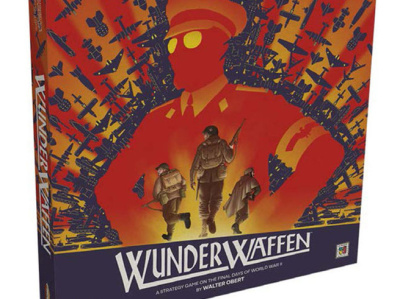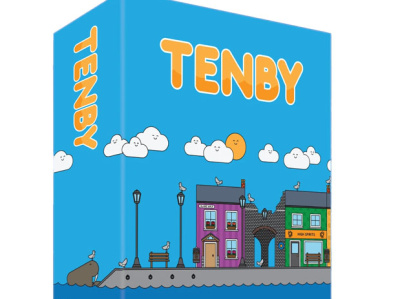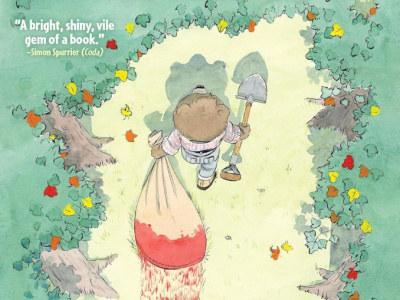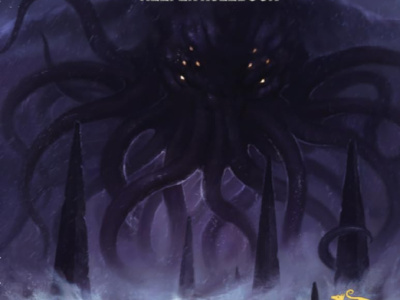Following the uproar over the leaked draft of the OGL 1.1, Wizards of the Coast has released a draft of the OGL 1.2, clearly marked "Draft: For Discussion Purposes Only." There have been some notable changes from the 1.1 version. First of all, WotC will put the core Dungeons & Dragons mechanics under a Creative Commons license (see "WotC To Put C&C Mechanics into Creative Commons License"). WotC will no longer control the license for the D&D mechanics, with the term “irrevocable” used. Using readily identifiable D&D content such as displacer beasts and magic missiles will be licensed under the revised OGL, although copyrighted images of such content will not.
Creators will be able to use such content on virtual tabletops in static format, without said images, but would not be able to create animated versions of a displacer beast or a magic user casting magic missile. Making NFTs will be prohibited as well.
The new OGL also attempts to put to rest concerns regarding the ownership of content produced under the OGL as well as any claims for royalties from products produced under it. Ownership and revenues remain with the creators which addresses a major concern raised about the previous draft. Users must either include the entire OGL 1.2 in their work or display a Creator Products badge, the design of which will be developed later.
There are still some concerns about the new draft and the below are both my interpretations and concerns I have seen raised from various sources:
- OGL 1.2 continues to attempt to nullify the continued use of OGL 1.0. WotC says that they want to remove the opportunity to produce content that is hateful, discriminatory or obscene and that creators could do so under OGL 1.0. However, a Q&A with WotC from 2004 clearly states that if people disagree with an updated version of the OGL, they can continue to use an earlier version.
- Related to #1, OGL 1.2 states that WotC has the sole right to determine what is "hateful" and users agree not to contest any such determination via lawsuit or other legal action.
- Related to #2, any lawsuits will be governed by the laws of the state of Washington and licensees waive the right to participate in any class or collective action. Incidentally, this can get expensive for any plaintiffs as they will have to bear the costs of transportation to Washington to participate in any lawsuits. Franchisors typically use this tactic in any lawsuits with their franchisees.
- Also related to #2, licensees and WotC both waive any right to a jury trial, but WotC does not mandate any disputes be settled by arbitration.
- Implicit adoption of the OGL 1.2 by using material in the SRD 5.1 published back in 2016 or by using WotC’s licensed content. Under the OGL 1.2, any use of material from the SRD 5.1 means automatic adoption of the OGL 1.2.
- Although the OGL 1.2 says it is irrevocable, if any part of the license is declared unenforceable or invalid, WotC may, at its discretion, declare the license void, either between it and the party that obtained the judgment or in its entirety.
What do you think? Send your thoughts to castleperilousgames@gmail.com.
The opinions expressed in this column are solely those of the writer, and do not necessarily reflect the views of the editorial staff of ICv2.com.



